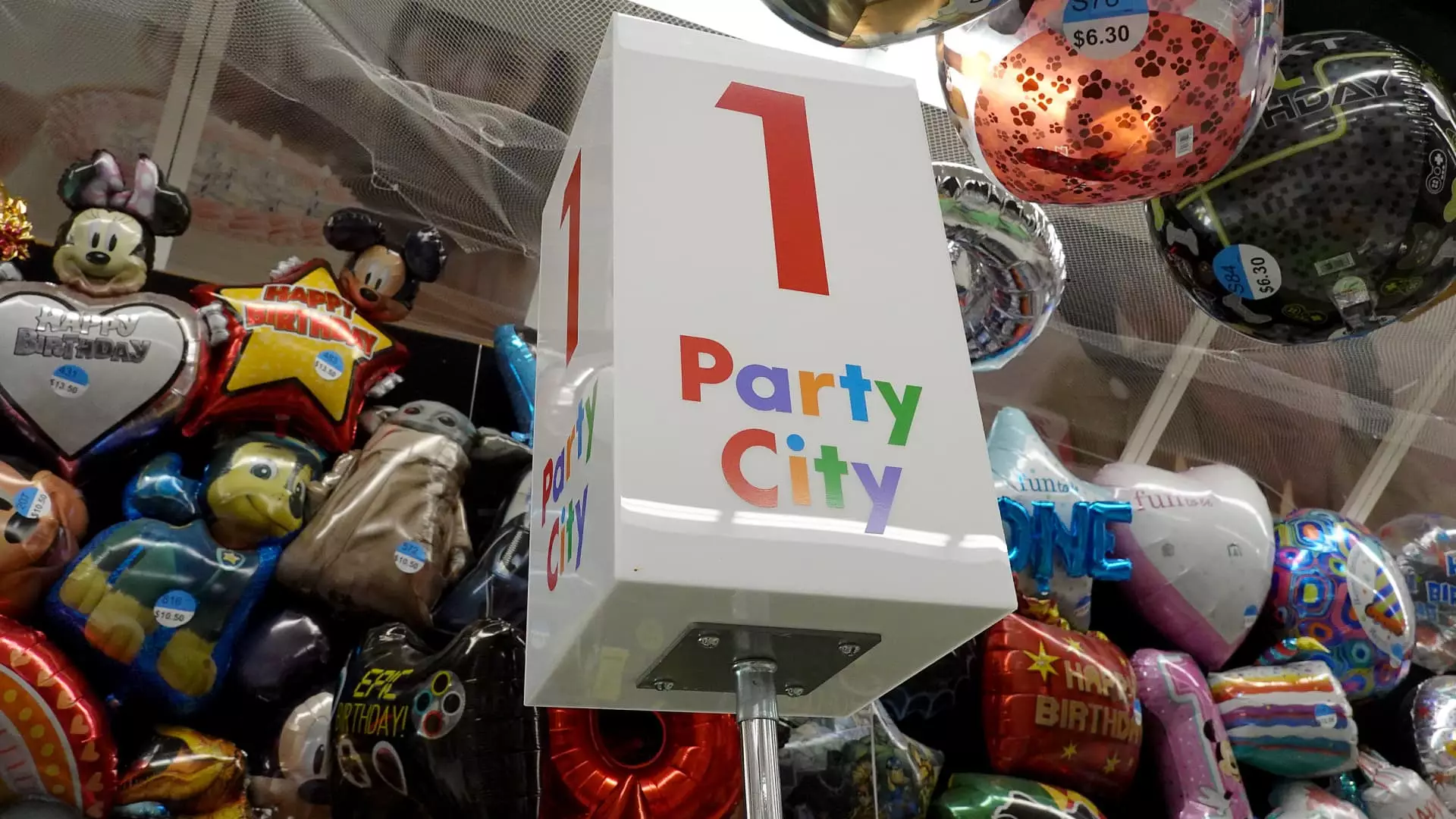In a shocking turn of events, Party City has declared the immediate closure of all its retail locations, along with corporate layoffs. The announcement, made on a Friday, has left employees and customers alike reeling. CEO Barry Litwin, speaking to the staff in a tearful meeting, labeled the announcement as the hardest he has ever had to make. He emphasized the necessity for this drastic action by stating that the company needed to commence a “winddown process immediately.” This situation reflects the grim reality facing many retailers in today’s challenging economic landscape.
Party City’s closure is not an isolated incident but rather a culmination of persistent financial turmoil. Just under two years ago, the company filed for bankruptcy, primarily due to its staggering $1.7 billion debt burden. Although it managed to exit bankruptcy in September 2023 by restructuring and erasing nearly $1 billion of that debt, the relief was short-lived. With approximately 800 stores across the U.S., the majority managed to stay afloat post-bankruptcy. However, the financial stability necessary to sustain such a large operation was evidently elusive, leading to the eventual shutdown.
In the midst of these challenges, the corporate leadership underwent significant changes, with Barry Litwin stepping in as CEO just a few months prior to this announcement. His vision appeared optimistic, claiming awareness of opportunities to bolster the company’s financial health and enhance its market presence. Previous to his role at Party City, Litwin led Global Industrial Company and may have brought with him valuable experience in distribution. Unfortunately, optimism alone could not withstand the mounting pressures of competition and market trends.
The party supply and costume industries are experiencing increased competition from both physical and online retailers. Notably, Spirit Halloween has been rapidly expanding its reach, now extending its brand to include “Spirit Christmas” stores. This evolution undoubtedly poses a challenge for established retailers like Party City. The shift in consumer habits towards online shopping has further disadvantaged brick-and-mortar stores, including Party City, which entered the online marketplace via Amazon back in 2018. However, these efforts did not seem sufficient to offset the challenges faced by a traditional retailer in a shifting marketplace.
The abrupt closure of Party City raises questions not only about the company’s future but about the resilience of the retail sector at large. For employees losing their jobs and consumers who preferred shopping in-store, this marks not only a financial loss but also a cultural one. The ability to celebrate significant life events is integral to community and social connections; thus, the disappearance of a familiar supply source creates a nuanced sense of loss. As the retail landscape continues to evolve, Party City’s demise serves as a cautionary tale regarding the importance of adaptability and foresight in business strategy.

